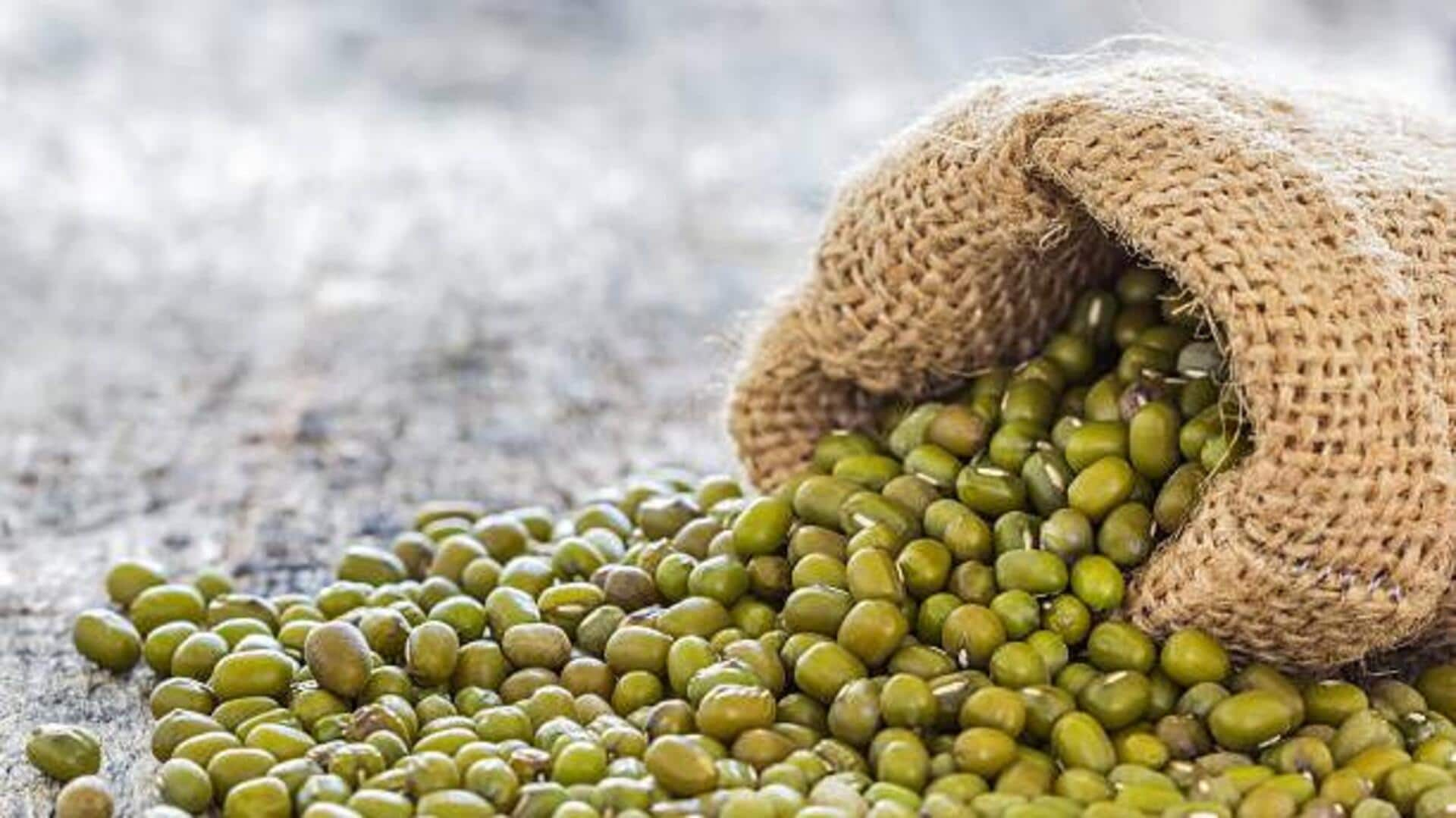
Surprising health benefits of mung beans
What's the story
Mung beans are a staple in many kitchens, especially during festive seasons. These small green legumes are not just versatile but also packed with nutrients that can benefit your health in multiple ways. From boosting digestion to providing a rich source of protein, mung beans are an excellent addition to your diet. As you prepare for festivities, consider the surprising health benefits these humble beans can offer.
#1
Rich source of protein
Mung beans are an excellent plant-based protein source, making them ideal for vegetarians and vegans. They provide all the essential amino acids required by the body for muscle repair and growth. Including mung beans in your diet can help meet your daily protein requirements without the need for animal products. This makes them a great option for those looking to increase their protein intake naturally.
#2
Supports digestive health
Mung beans are also high in dietary fiber, which is essential for the digestive system. Fiber promotes regular bowel movements and prevents constipation by adding bulk to the stool. It also helps maintain a healthy gut microbiome by feeding beneficial bacteria in the intestines. Including mung beans in your meals can keep your digestive system functioning well.
#3
Packed with antioxidants
Mung beans are loaded with antioxidants, including flavonoids and phenolic acids, which protect the body from oxidative stress. These compounds neutralize free radicals that may cause cell damage and contribute to chronic diseases. Eating antioxidant-rich foods like mung beans can help boost overall health by reducing inflammation and protecting cells from damage.
#4
Low glycemic index benefits
Mung beans have a low glycemic index (GI), which indicates they release glucose into the bloodstream slowly. This helps in maintaining stable blood sugar levels, making them a perfect food for diabetics or anyone looking to keep their energy levels consistent throughout the day. Eating low-GI foods like mung beans may also reduce the risk of developing type 2 diabetes over time.
Tip 1
Versatile culinary uses
Mung bean sprouts make for a crunchy addition to salads or sandwiches, while cooked mung beans can be used in soups or stews for added texture and nutrition. Flour made from dried mung beans is commonly used in Asian cuisine for making pancakes or dumplings. Their versatility makes them easy to incorporate into various dishes, enhancing both flavor and nutritional value without overpowering other ingredients.